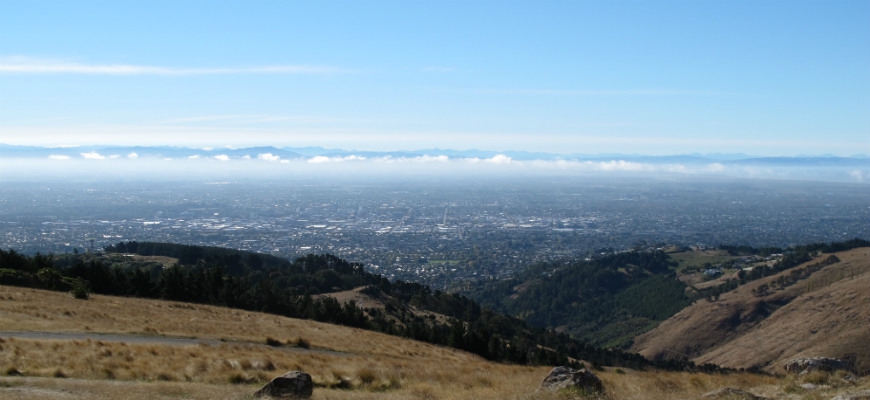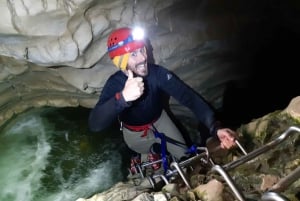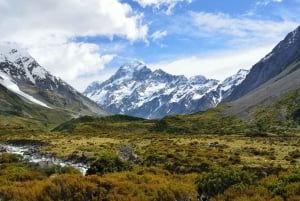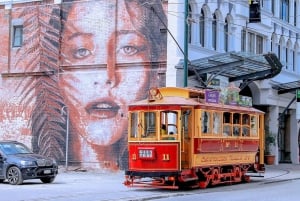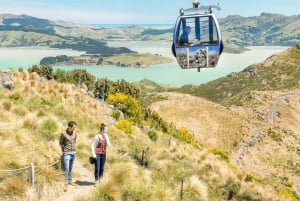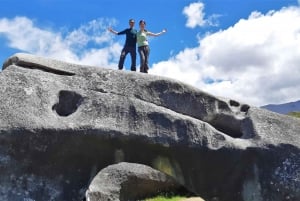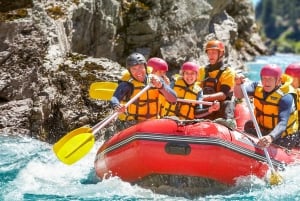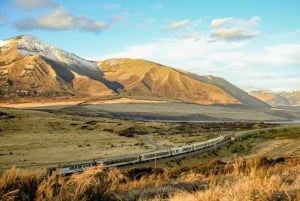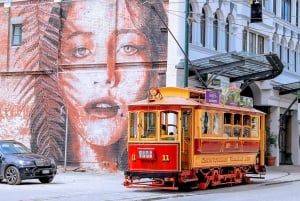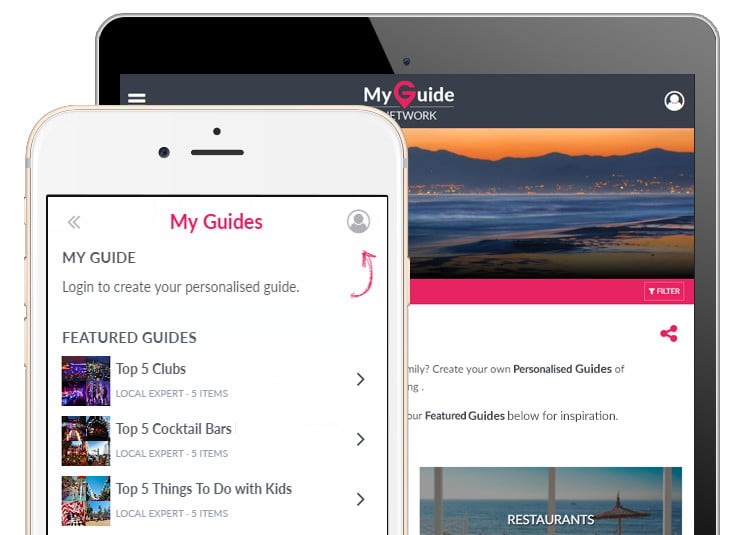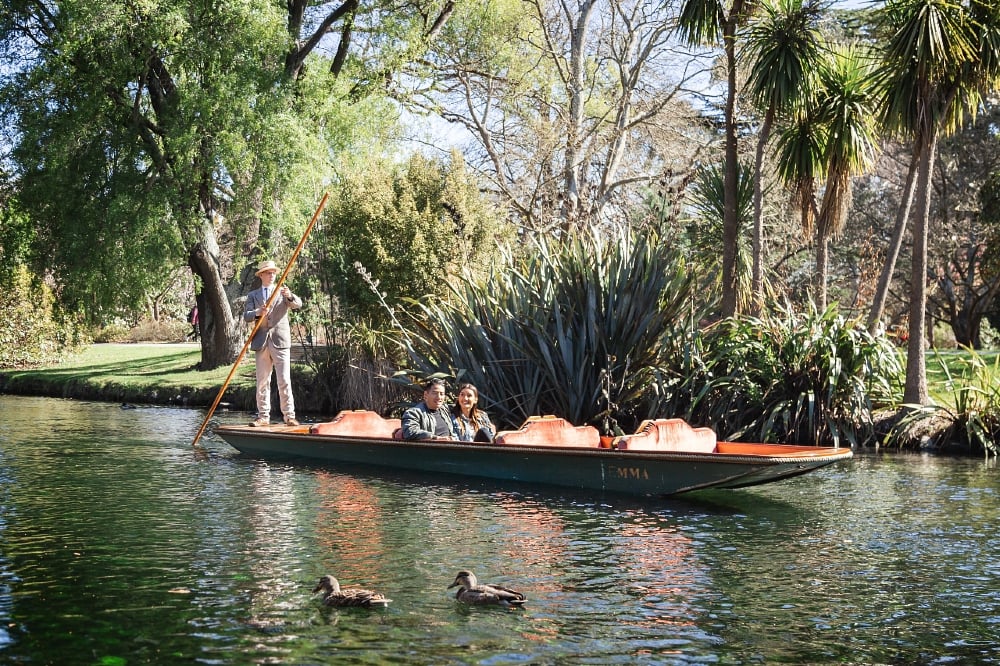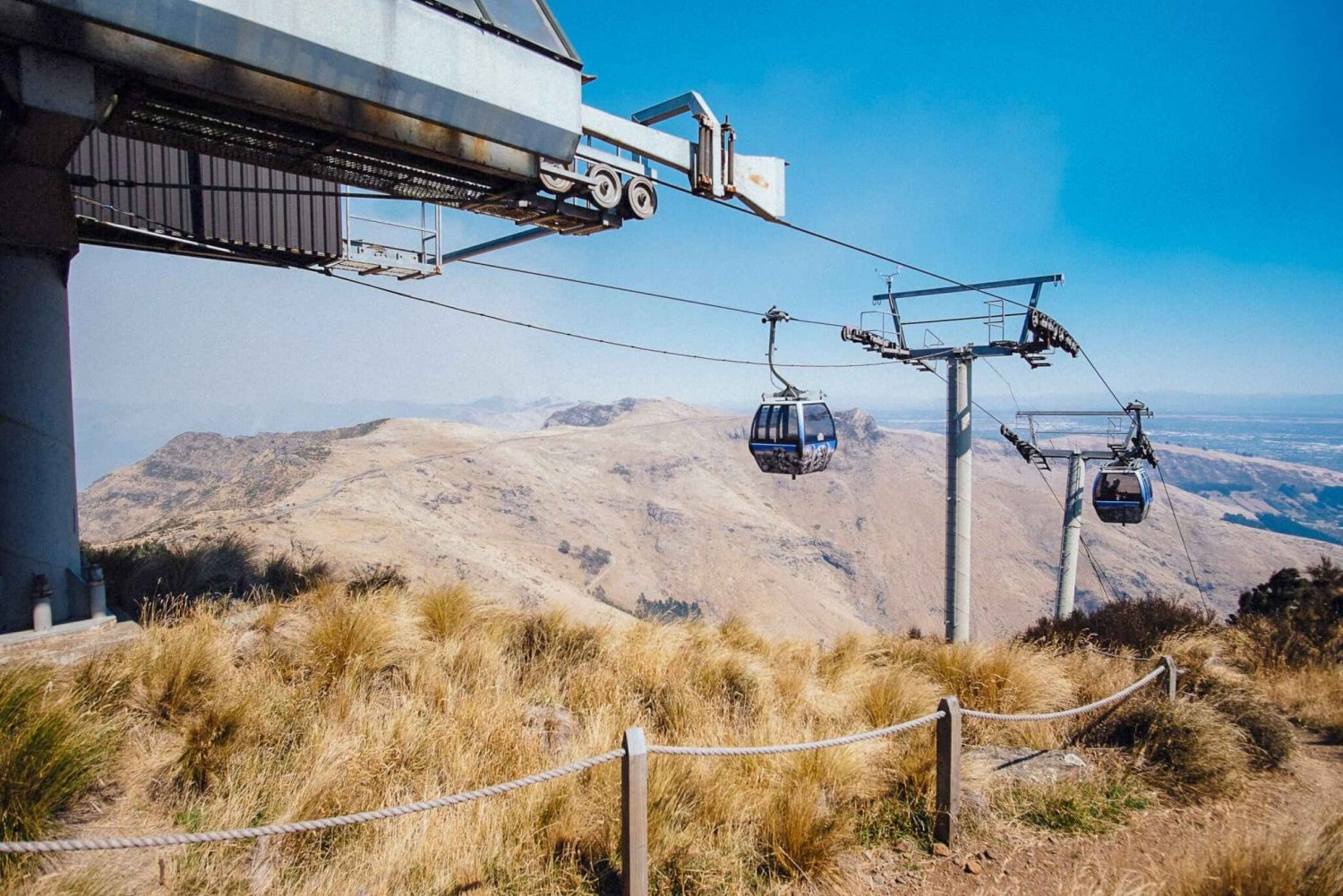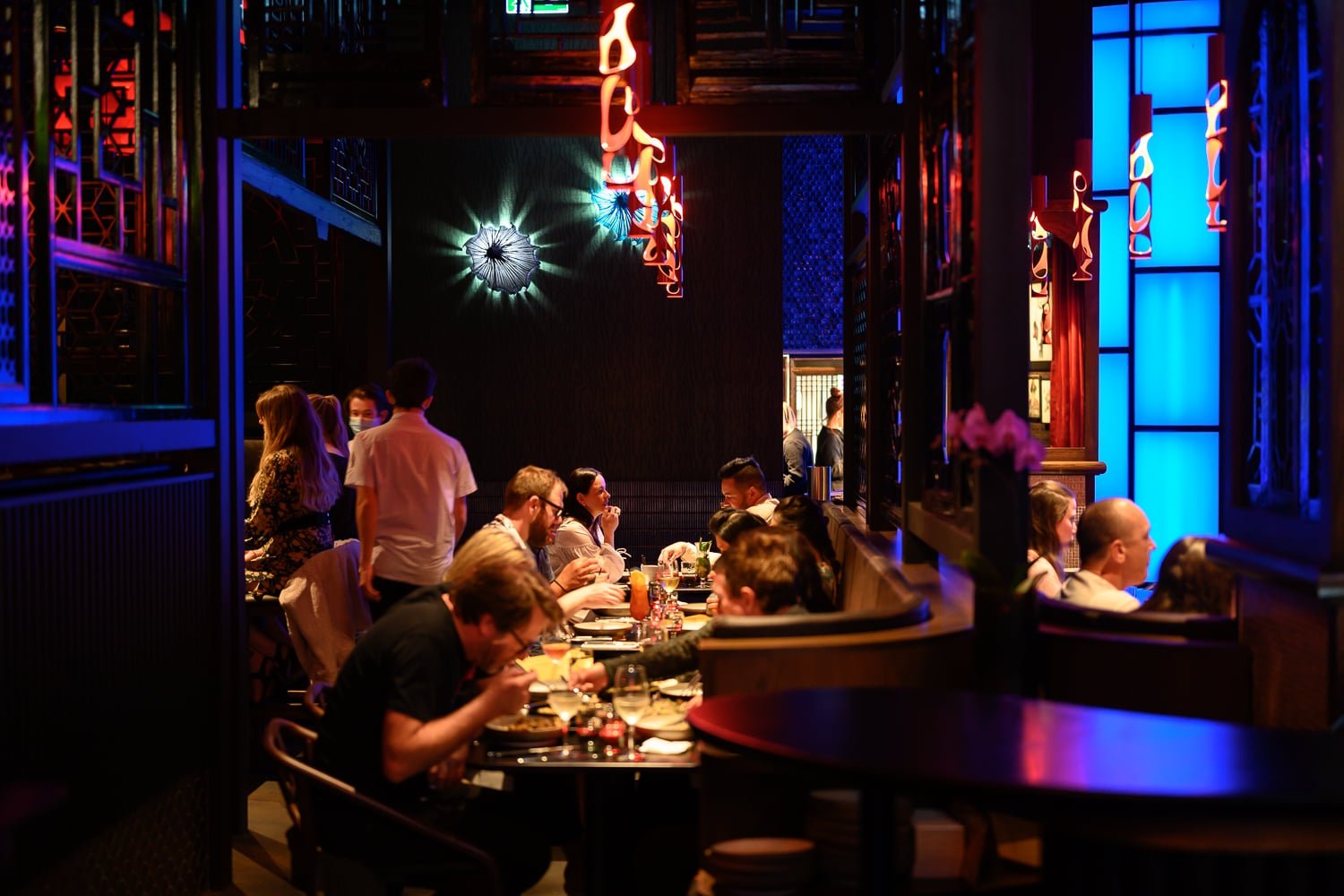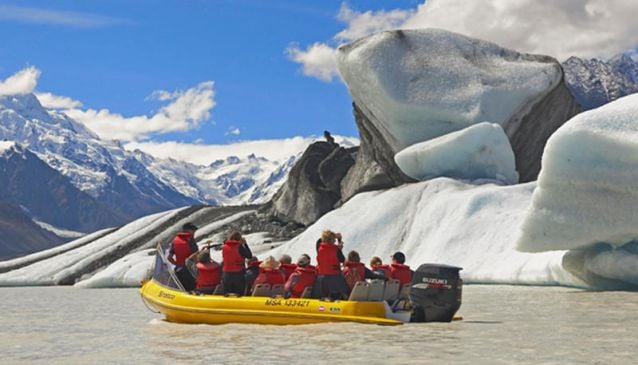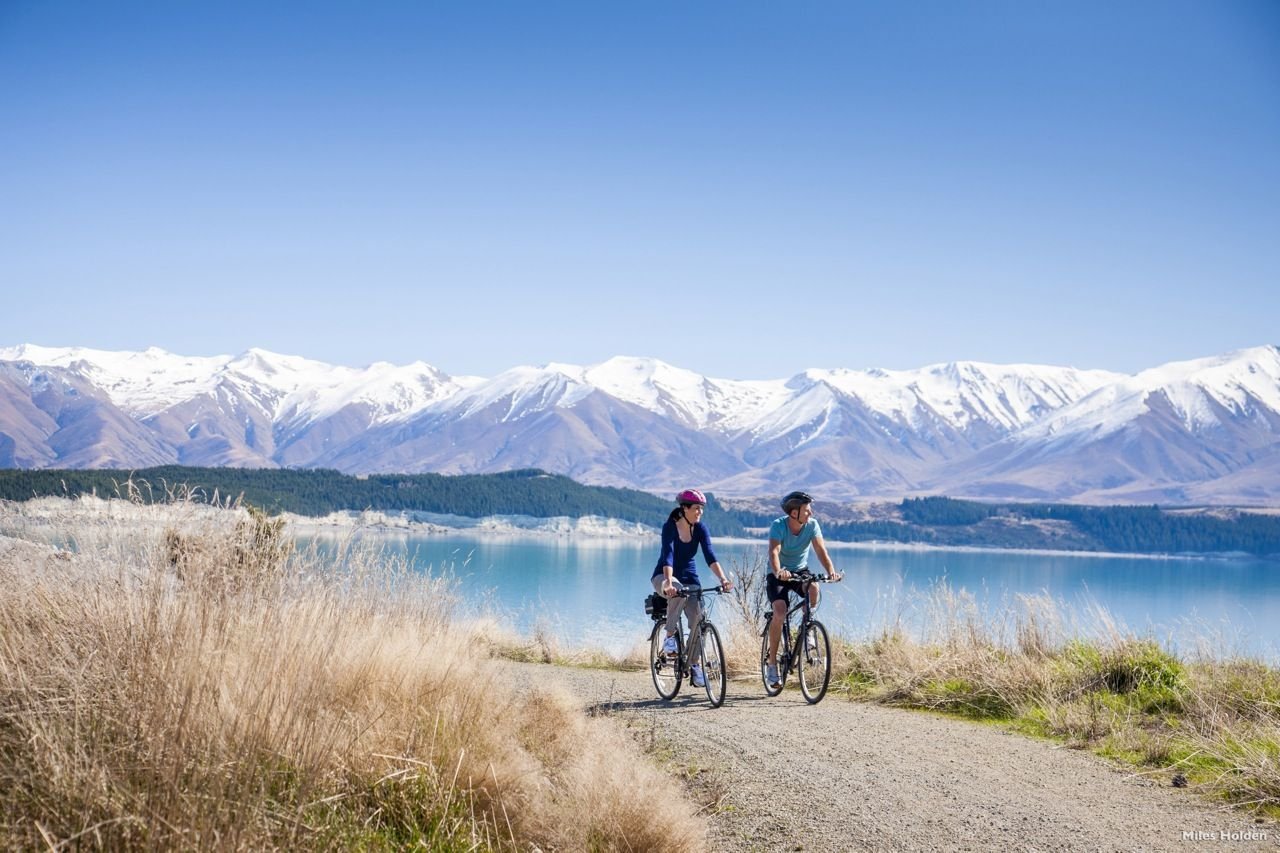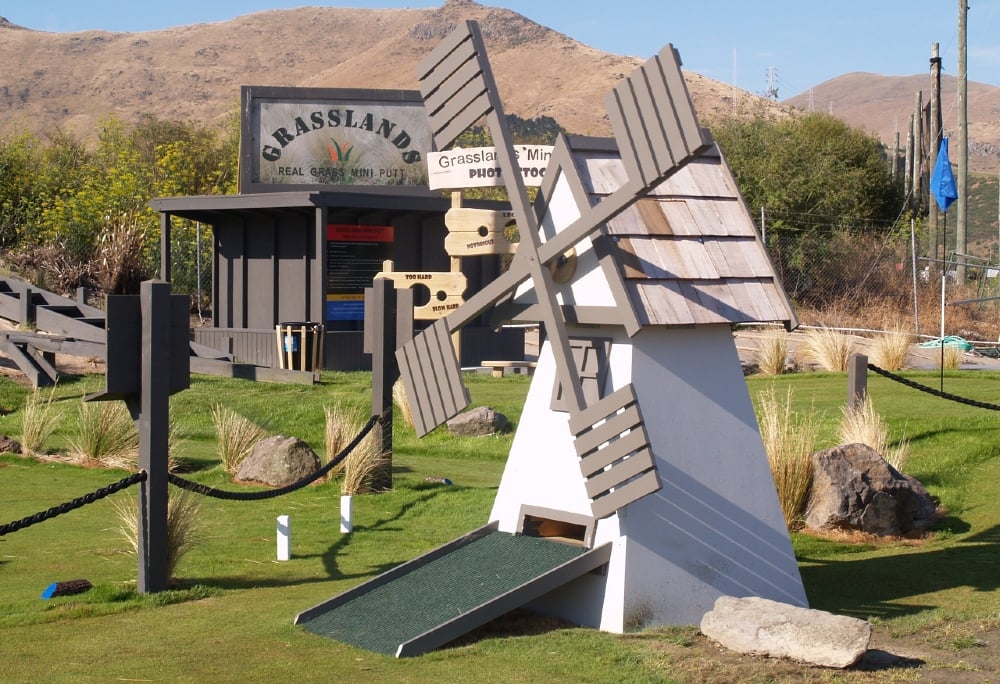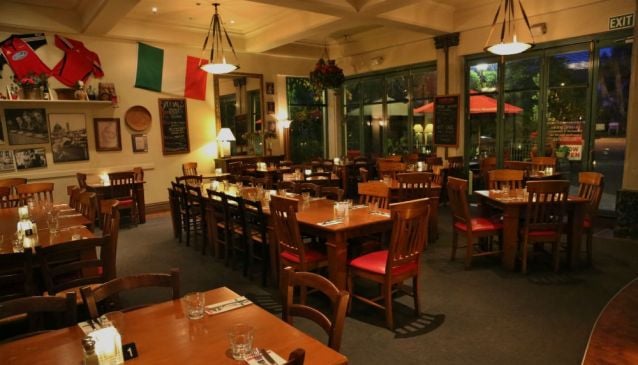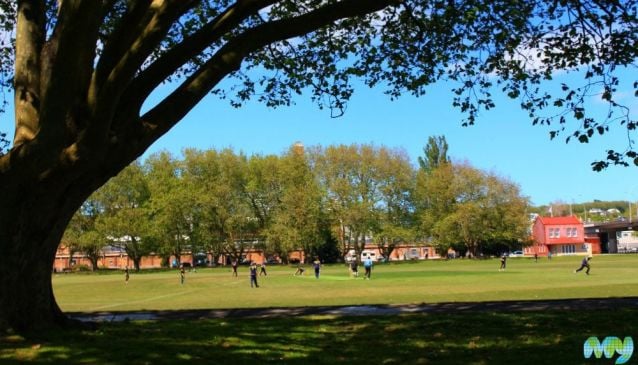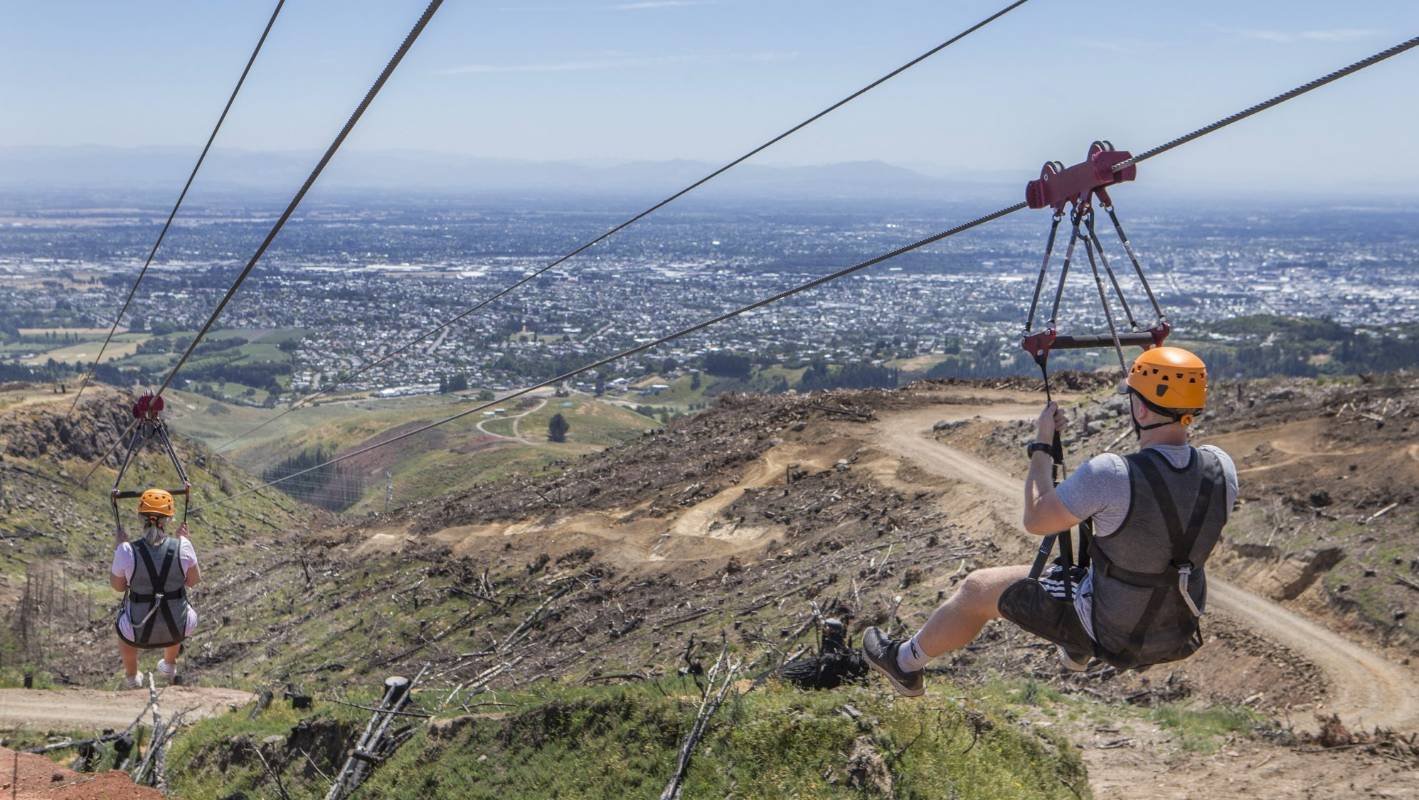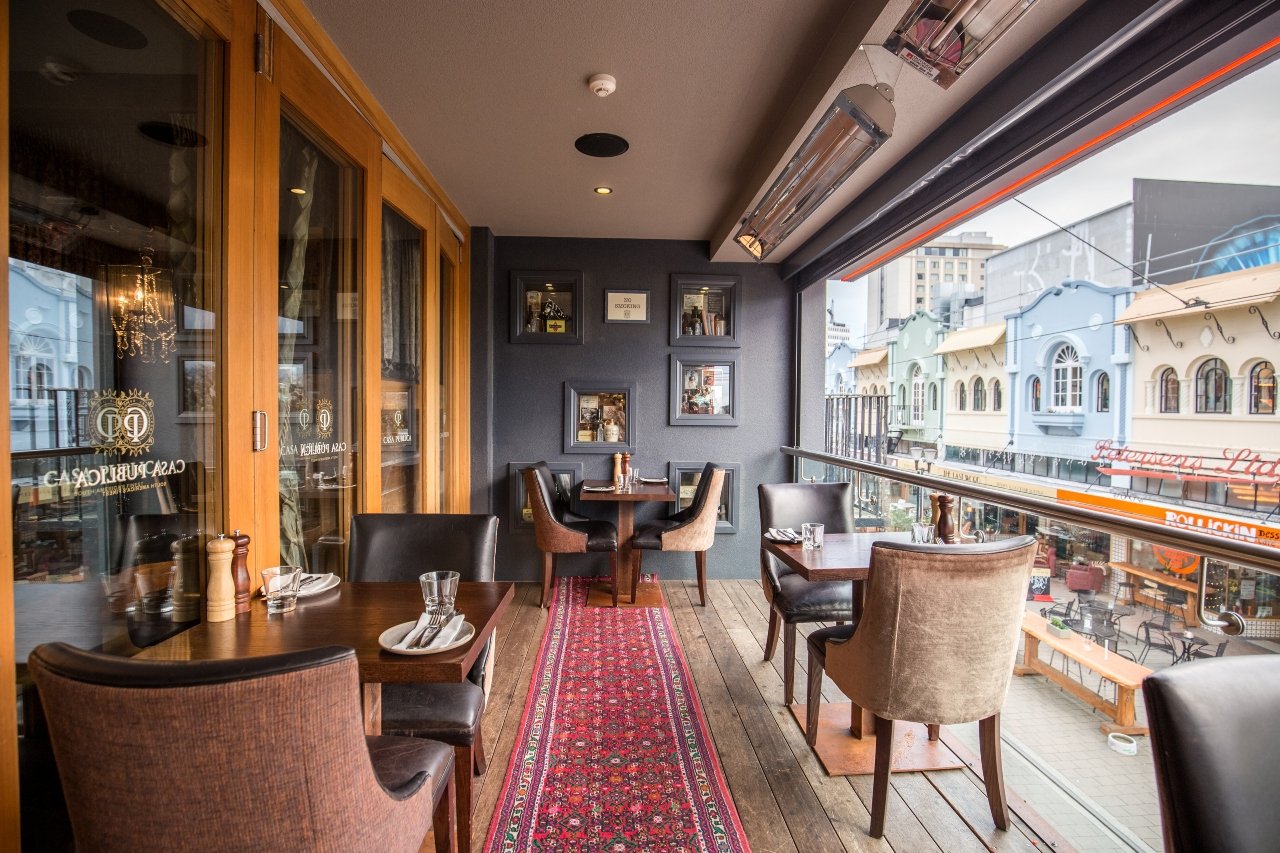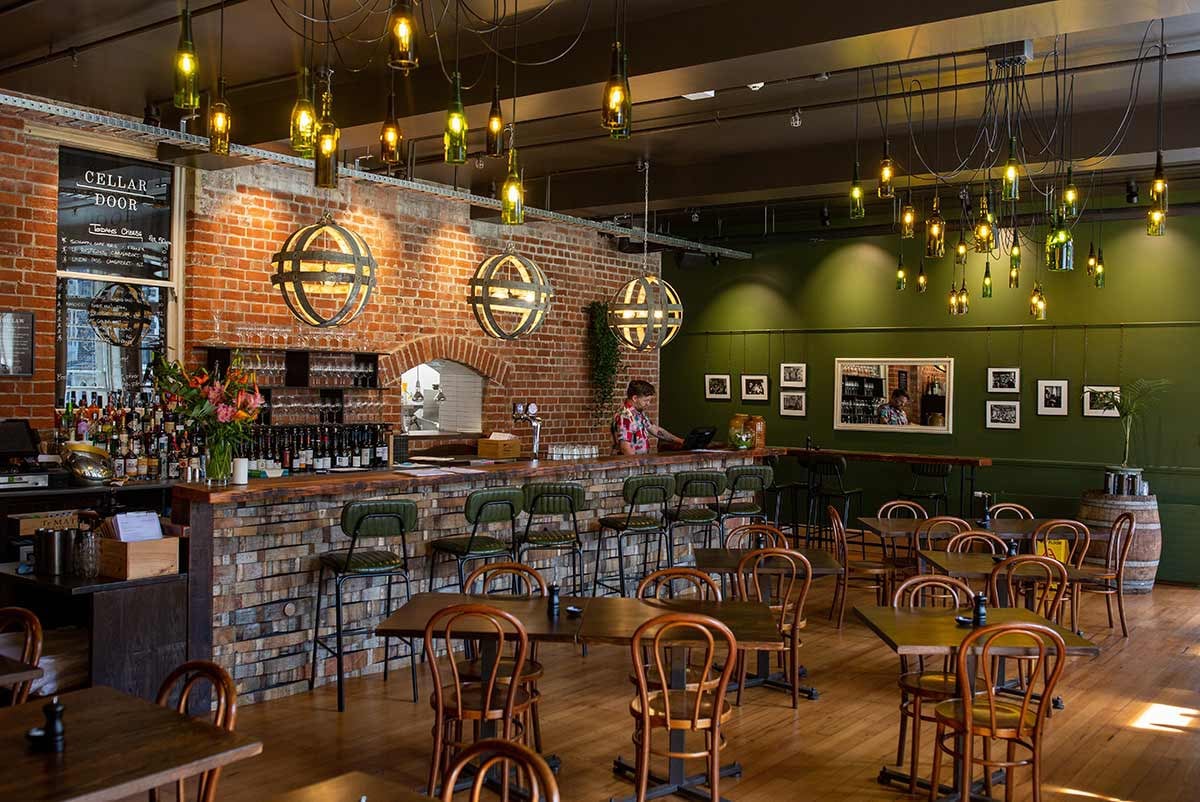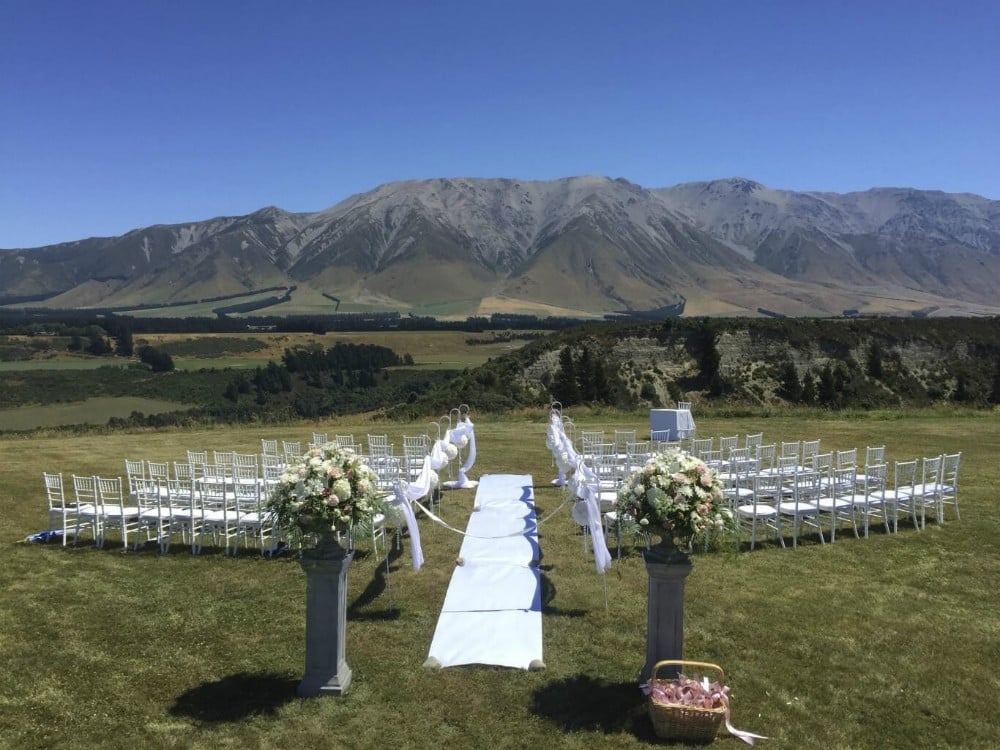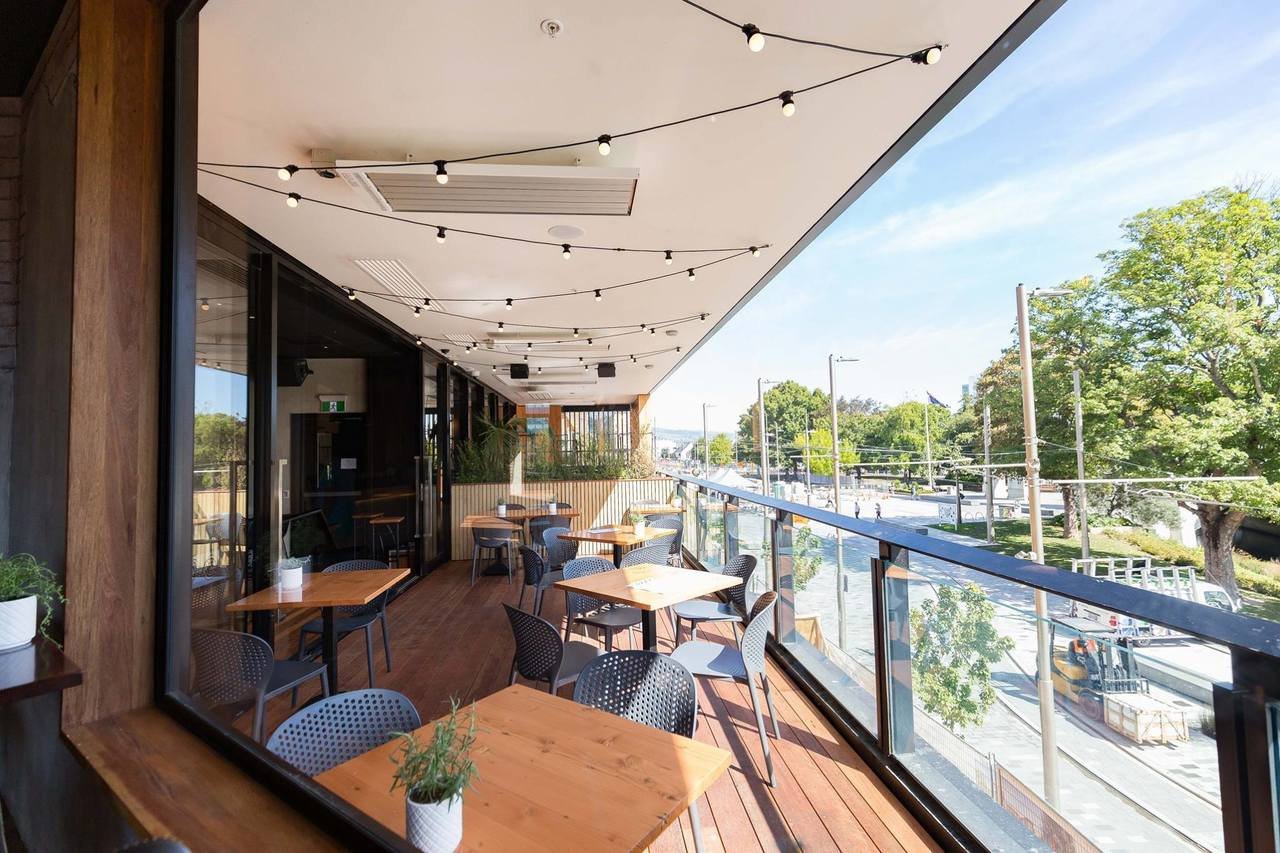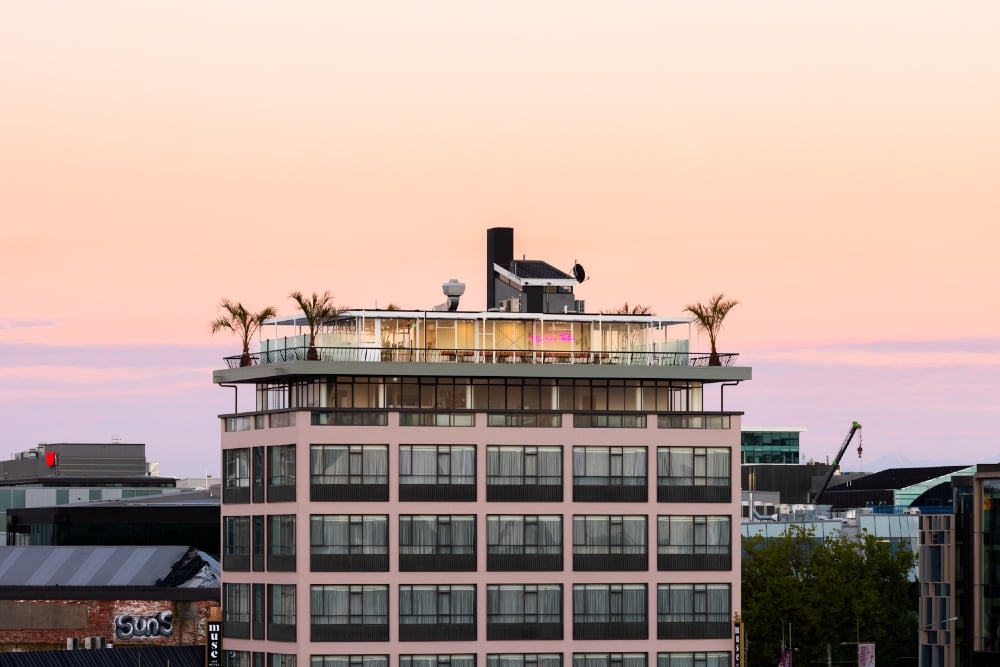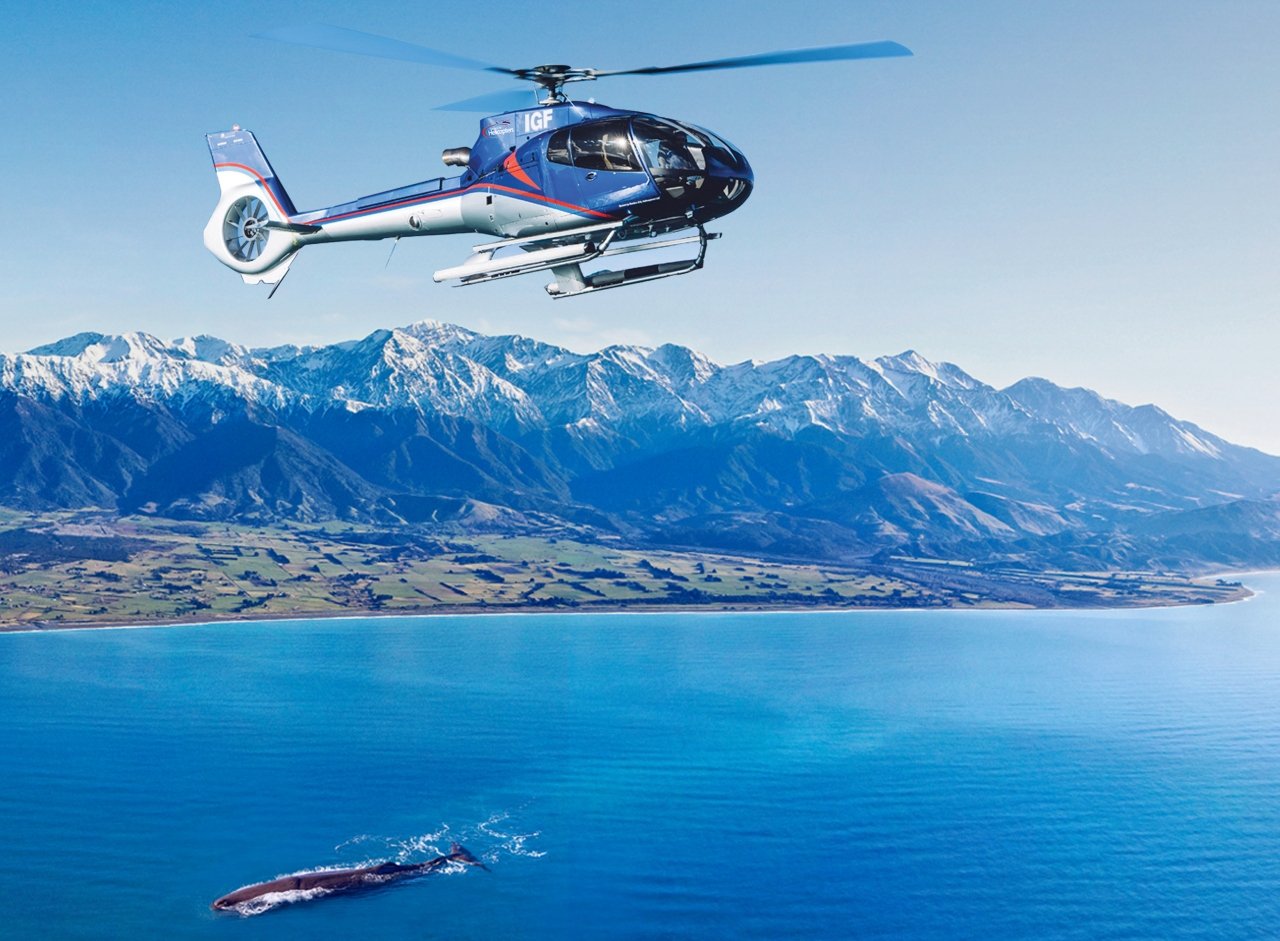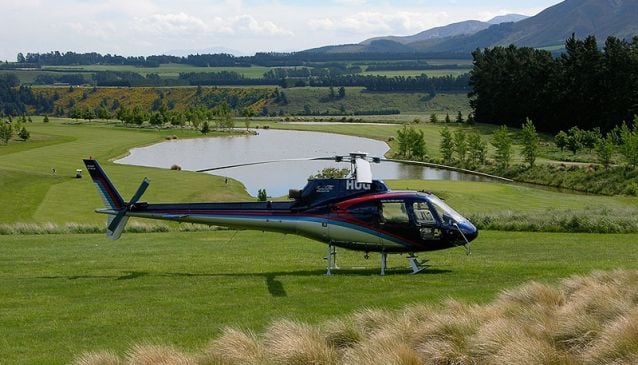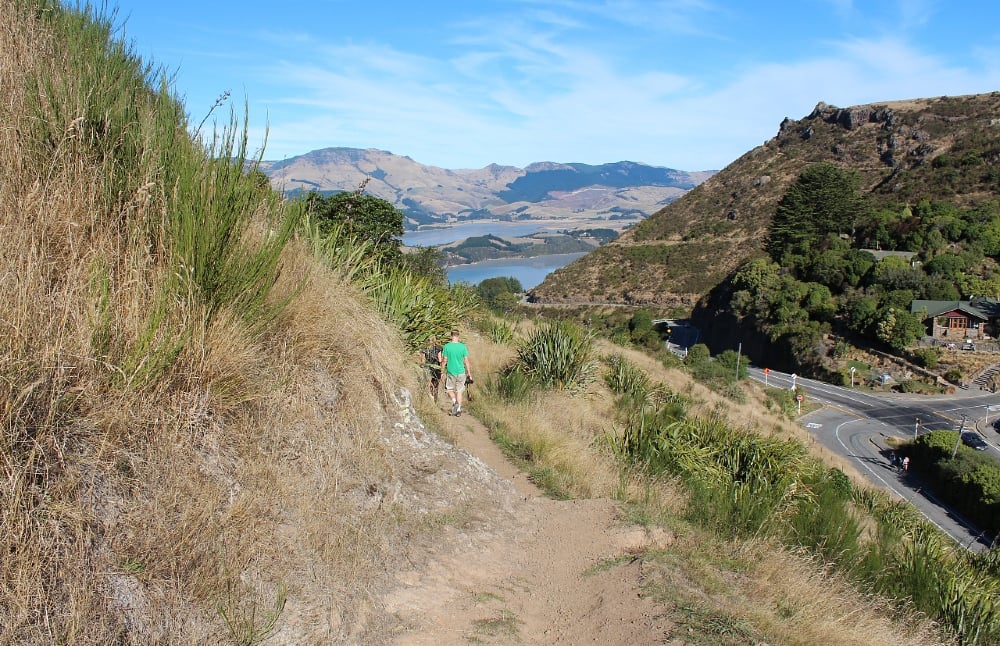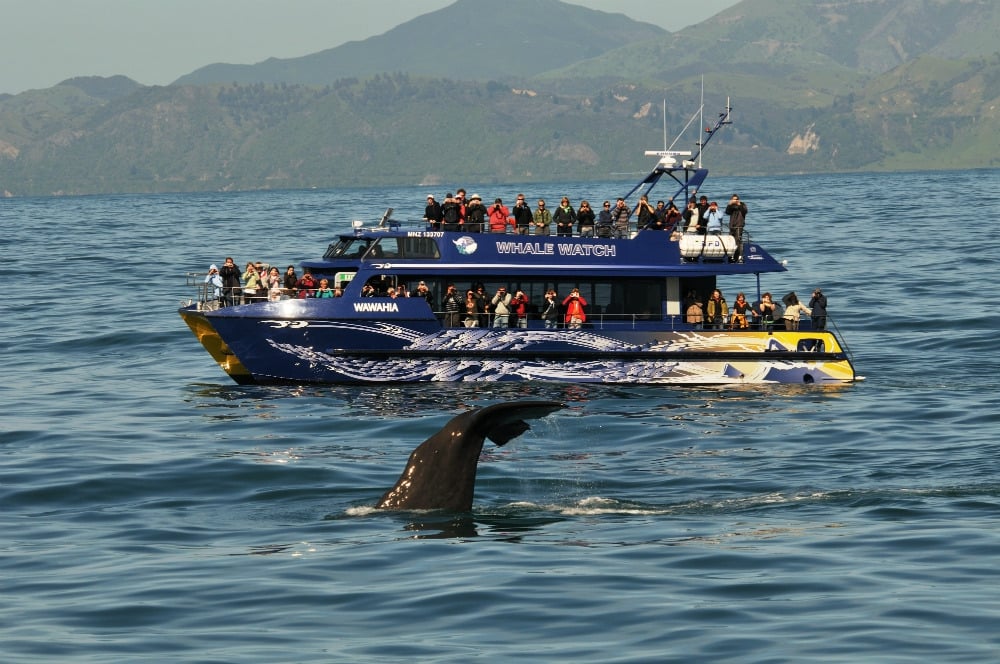Christchurch Useful Info
Hospitals
There are 15 Hospitals in Canterbury. Christchurch Hospital is the largest at Riccarton Avenue, 03 364 0640. Canterbury Hospital Directory.
Medical Centres
Drop-In medical centres are available for urgent healthcare. There is a charge! Here is a selection - Pegasus Health 24 Hour Surgery. Open 24 hours. Corner of Bealey Avenue and Colombo St. +64 3 365 7777 / Moorhouse Medical Centre. Open every day, 8.00am until 8.00pm. 3 Pilgrim Place. +64 3 365 7900 / Riccarton Clinic. Open every day, 8.00am until 8.00pm. 4 Yaldhurst Road. +64 3 343 3661
Citizens Advice Bureau
There are 5 Citizen Advice Bureaus in Christchurch. View more Info.
Libraries
There are approximately 20 libraries in Christchurch city region. View the locations map to find your nearest.
Airport to Town Centre
The Airport Shuttle into the city centre costs approx $25 per person one way ($30 for 2 people). / Metro Bus costs approx $3 one way into the city centre. / Taxis cost between $50 and $70 into the town centre.
Metro Bus Services
Refer to our Christchurch Bus Guide for info on city, airport and Akaora shuttle bus services.
Airport Baggage Storage
Luggage Solutions offer baggage storage in the Check In Hall. +64 (3) 358 8027 / View more info.
New Zealand Useful Information:
Language
The two official languages are Maori and English.
Time Difference
New Zealand is 12 hours ahead of London (Greenwich Mean Time â GMT). Sydney is 2 hours behind New Zealand.
Currency
New Zealand uses the New Zealand Dollar (NZD), which is made up of 100 cents. There are three coins in circulation - 10c, 20c and 50c, and seven banknotes - $1, $2, $5, $10, $20, $50, $100. The amount of currency you bring in, or take out, of the country, is unrestricted, however anything over $10,000 requires declaration at customs.
Goods & Service Tax (GST)
The current New Zealand GST (Goods & Service Tax) stands at 15%. This is payable on all goods and services. The amount of the tax is usually included in the price you see, unless otherwise stated.
Electrical Supply
New Zealand operates on a standard electrical current of 230/240 volts and 50 hertz. 100 volt A/C inputs are also available in most accommodation sites.
Tipping
It's not a New Zealand custom to tip, although leaving gratuities after a meal or any good service, is entirely at your discretion. Service charges and tips are not added to bills.
Clothing
Layers, layers, layers.....New Zealand weather changes frequently, not just day to day, but during the day itself. Pack plenty of thin T shirts, jackets and pants so you can easily adapt to the conditions as the day goes on. Lovely sunny mornings can change to chilly afternoons and evenings, so be prepared.
Emergency Numbers
0800 500 222 - AA Emergency Road Service / 111 - Ambulance / 111 - Fire Service / 111 - Police
Telephone
The international calling code for calls made into New Zealand, is '+64'. If you're dialling out to another country, dial '00' and then the individual country code (e.g. '0044' for the UK, '001' for the US and '0061' for Australia). Our section entitled "New Zealand Area Codes" offers further information.
Travel Health
Having health insurance when visiting any foreign country, is a must. In New Zealand, there are instances where free emergency medical treatment is available if you have an accident, particularly through the ACC (accident compensation scheme). There are also instances where limited medical treatment is available in non-emergency/accident case. Check the eligibility page on the Ministry of Health's website. Generally-speaking, though, make sure you're insured for any eventuality, particularly if you plan to go bungy jumping or skydiving and check the specifics of your policy to ensure you are covered.
Vaccinations
You do not need any vaccinations to enter New Zealand.
Local Customs
Because of the strict bio-security of New Zealand immigration services, you'll find that it's illegal to export/import most food products. In addition, other items like golf clubs, shoes, wood products and anything that may have come into contact with dirt or soil, are also illegal to take out/bring in.
Disabled Travellers
Getting about in New Zealand for those with a disability or wheelchair, is not a problem. Most shopping malls, cinemas, tourist attractions and bars/restaurants provide ramps and wide doors, and all new buildings are legally required to provide disabled access and facilities. If you're hiring a car, most rental companies have specially-equipped vehicles for most needs â but do book ahead to make sure a suitable vehicle is available.



